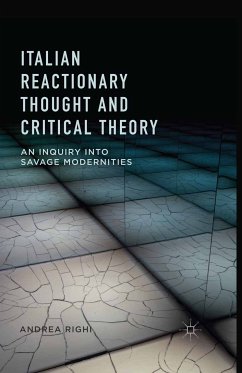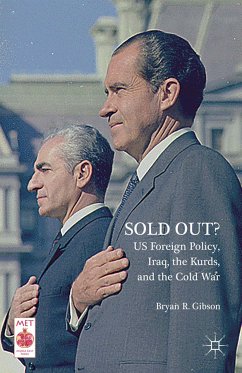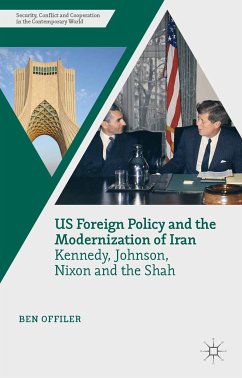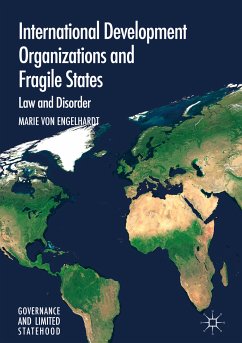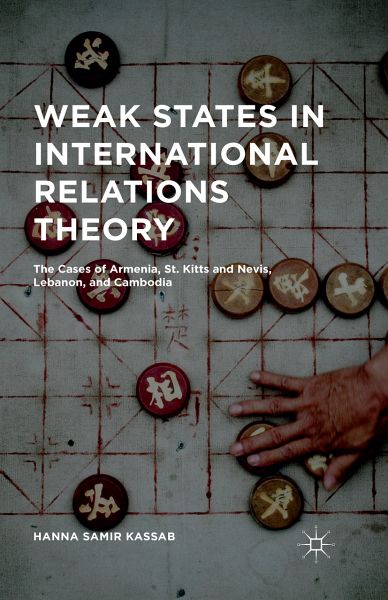
Weak States in International Relations Theory (eBook, PDF)
The Cases of Armenia, St. Kitts and Nevis, Lebanon, and Cambodia
Versandkostenfrei!
Sofort per Download lieferbar
40,95 €
inkl. MwSt.
Weitere Ausgaben:

PAYBACK Punkte
20 °P sammeln!
This book seeks to explain why weak states exist within the international system. Using the cases of Armenia, St. Kitts and Nevis, Lebanon, and Cambodia, the author argues that, if a state is weak and vulnerable, then it can practice an unexpected degree of relative autonomy unfettered by great powers.
Dieser Download kann aus rechtlichen Gründen nur mit Rechnungsadresse in A, B, BG, CY, CZ, D, DK, EW, E, FIN, F, GR, HR, H, IRL, I, LT, L, LR, M, NL, PL, P, R, S, SLO, SK ausgeliefert werden.









